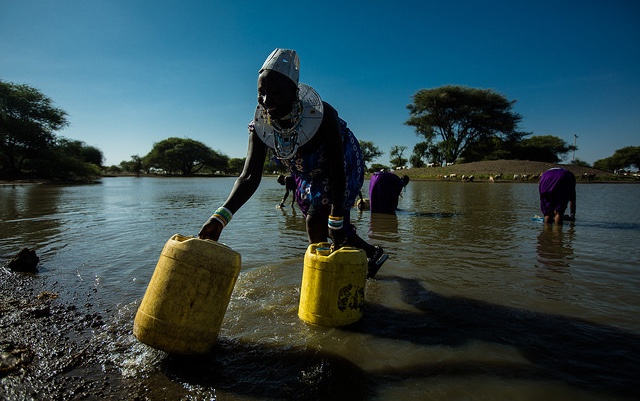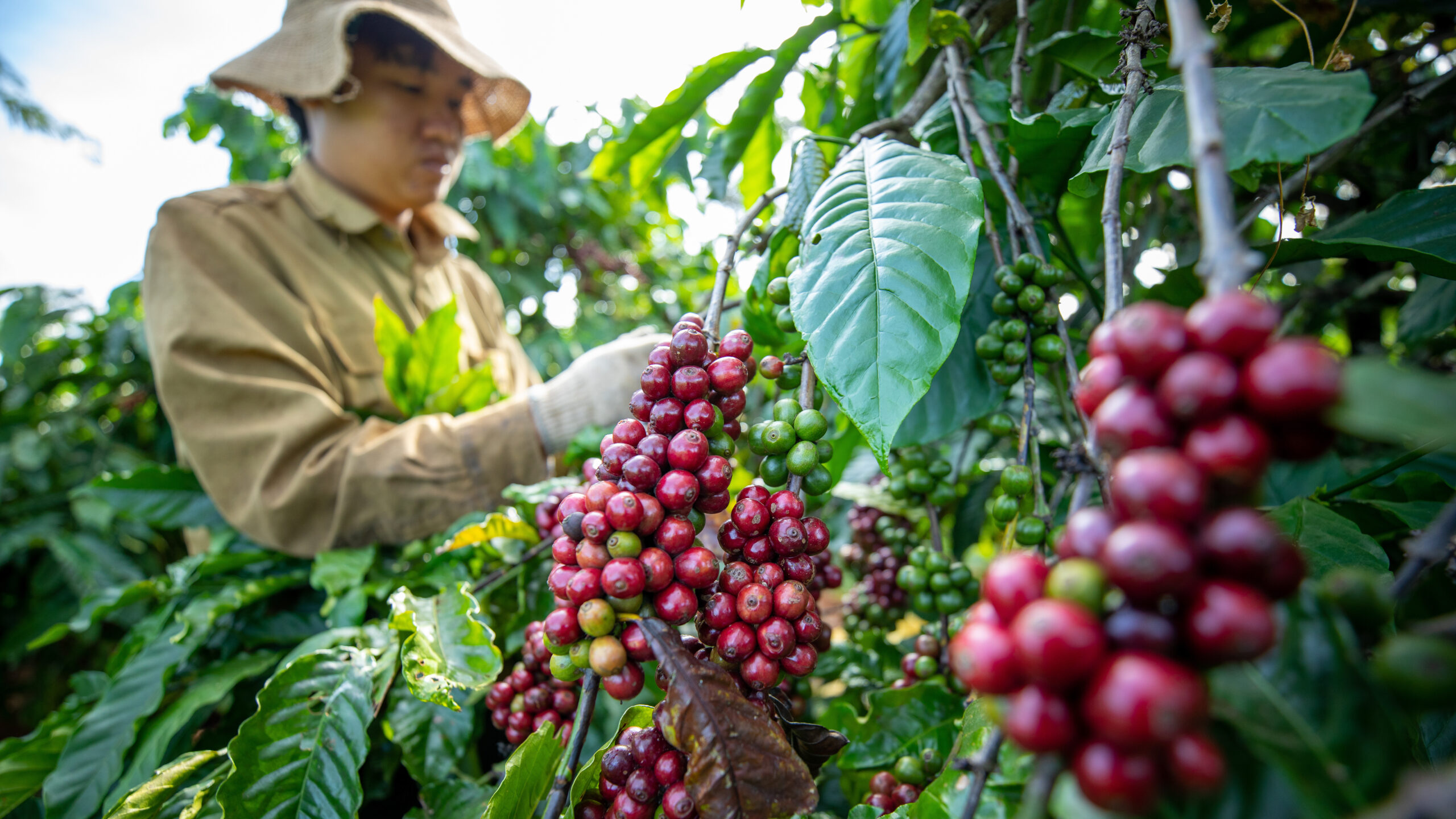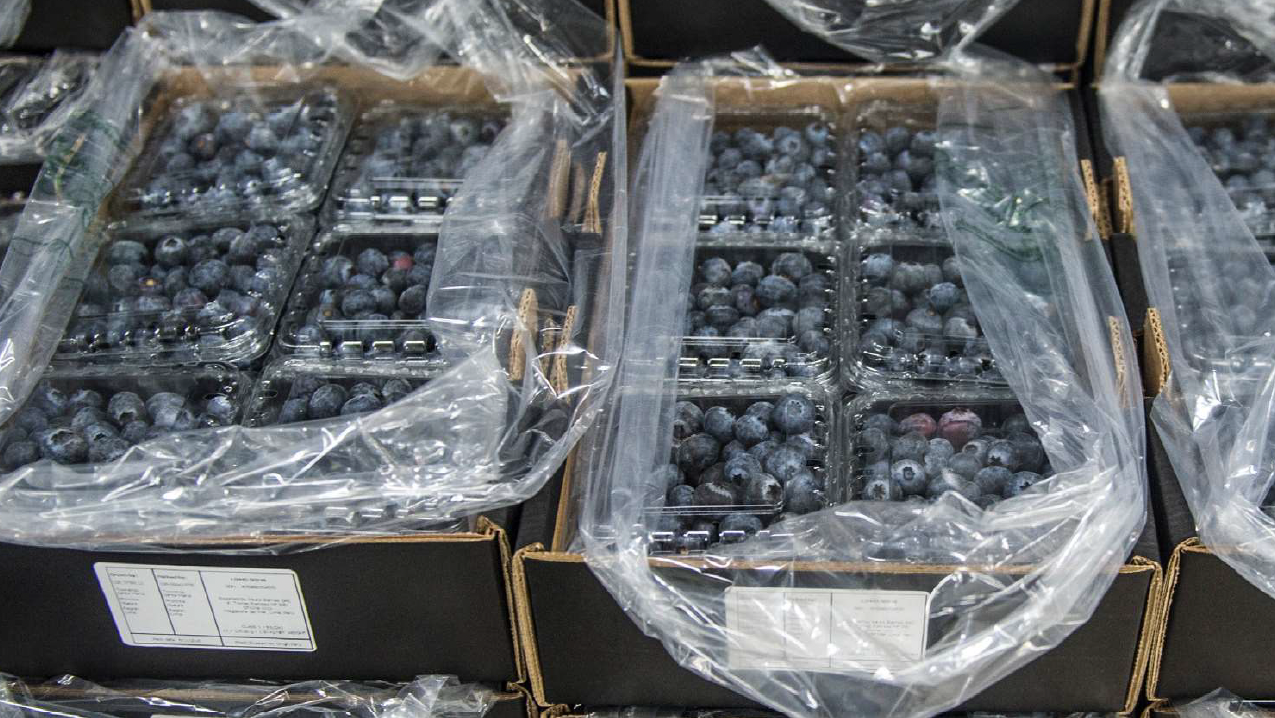Empowering women farmers takes more than simply making new technologies available to them: it requires a deeper appreciation of the constraints and specific challenges that may prevent them from adopting and benefiting from it. In some cases, in fact, new technologies and interventions can unintentionally create new burdens for women. Hearing directly from women about the impact interventions have on their lives can help us better understand who benefits from them and how we can design them for more equitable adoption.
As part of a research project for the Feed the Future Innovation Lab for Small-Scale Irrigation (ILSSI), we asked a group of women in Tanzania a central question: How are women irrigators perceived in this community? Given the benefits of irrigation they had just mentioned—ability to switch to higher value crops, more harvests per year and less reliance on increasingly variable rainfall—we guessed they would hold women irrigators in high regard.
Instead, their answer was striking. Women who irrigate are seen as suffering, they said.
Even as men in the community began to use motor pumps and drip irrigation, many of the women we spoke to were still using labor-intensive manual irrigation methods, including the use of buckets, bowls and their hands to distribute water. Even within the same household, husbands and wives may be using different small-scale irrigation technologies on different plots that they manage separately. With heavy domestic work obligations, women struggled to fit in irrigation duties as well.
In other cases, women worked on irrigated plots with their husbands using the same technology. However, despite jointly contributing to this effort, the rewards of this new irrigation technology were not shared equally. One woman explained:
“In most cases, men involve us in decision making, but during harvesting, you are left behind. … During cultivation, there is love at home, good talks like, ‘This year after we harvest, we will make this and that, and we will take our child to there and do this for him.’ You use all your energy, and when harvesting time comes, after taking the sacks in the warehouse … conflict will rise in the house, and he will tell you, ‘With the little income we have, do you think we can manage big things as those?’ Then you keep quiet.”
Often new value chains develop around irrigated production, helping farmers obtain higher prices by offering processing and storage services. However, different ways of selling crops risk increasing information asymmetry and, with it, women’s loss of control over income.
In several of our study communities in Tanzania, men have begun to sell irrigated rice paddy at distant warehouses instead of at the local market. Many women reported they had no access to information about the paddy sales, with one explaining that “on ownership [of the irrigated paddy], it’s father [my husband], because he signs the sacks at the warehouse and even sells, but you won’t even know of the amounts. Whether he gives you a fake calculation, you just have to accept.”
If they wanted to verify the sales, one woman explains she “could not go to check on [the sacks], since you aren’t the one who signed for it inside there… his fellow men will think of me oppositely, so I just remain at home.”
As with every development intervention, introducing small-scale irrigation carries opportunities for both empowerment and exclusion. While the design of technology is important, small-scale irrigation that intends to promote gender equality will need to go beyond ensuring equal use to securing equal benefits. To do so, projects need to take into account men’s and women’s context-specific roles in domestic work, agriculture and value chains.
In Ethiopia, Ghana and Tanzania, several ILSSI studies have found high potential for small-scale irrigation to improve livelihoods, but they have also revealed unequal opportunities for women and men farmers to enter into irrigated production and benefit from it.
These are just some of the findings that shaped a new ILSSI project note, “Integrating Gender Into Small-Scale Irrigation.” Adopting small-scale irrigation virtually always affects gender roles and relations, so the brief is designed to support irrigation planners and practitioners in understanding how irrigation technologies can benefit or burden different users and how the social changes associated with new technologies can be managed equitably.
Sophie Theis is a Research Analyst in IFPRI’s Environment and Production Technology Division. This post first appeared on the Agrilinks site.







